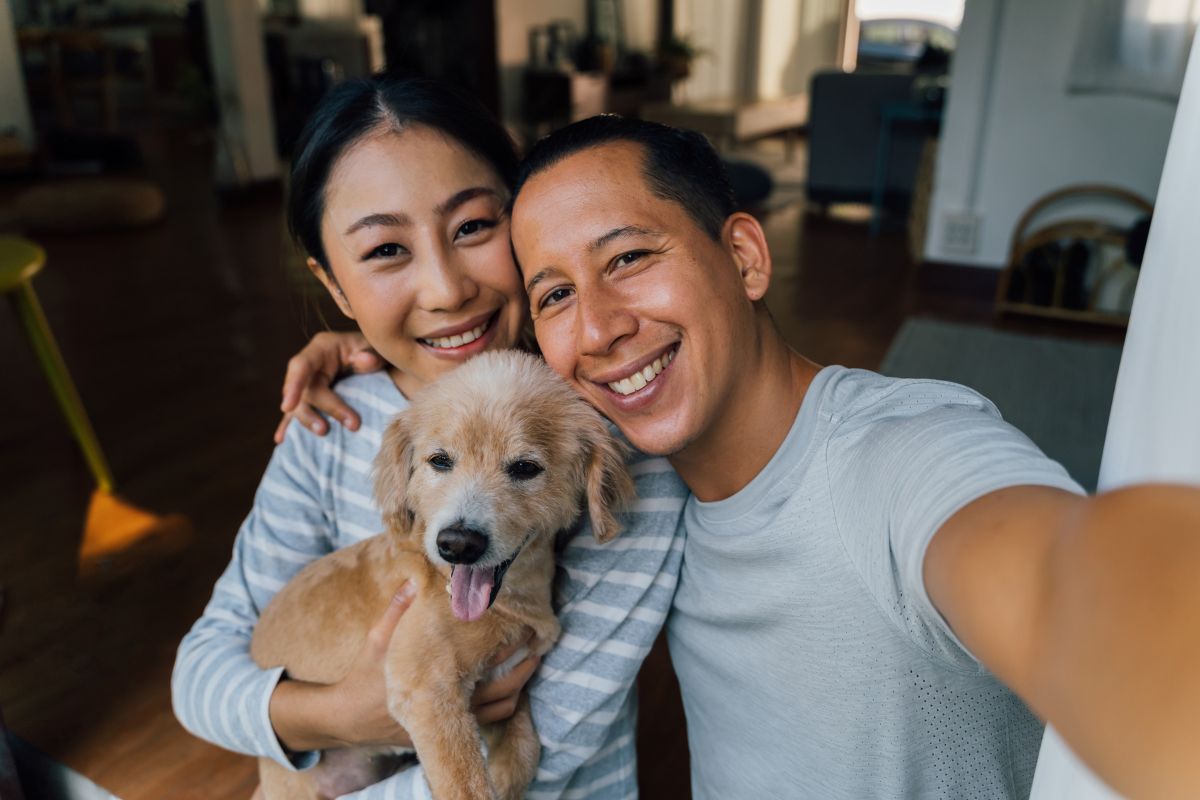Related Articles
-

Petland
Petland: The Trusted Choice for Ethically Bred Puppies and Your Family’s Next Companion
Bringing home a new pet is an exciting milestone, but choosing where to find your furry family member can be challenging. Petland has established itself as a reliable and compas...
-

Petland
What Makes Puppies Thrive? The Science of Puppy Happiness
That adorable puppy isn’t just cute; it’s a complex creature needing specific things — understanding what makes a puppy thrive is key to their happiness and de...
-

Petland
What Comes With A Puppy From Petland?
So, you’re thinking about getting a puppy from Petland? Get ready because you’re not just taking home a bundle of furry joy. You’re also getting a full-on star...
-

Petland
Puppy Play Dates: Making New Furry Friends The Fun & Safe Way
Bringing home a new puppy is like adding a little tornado of energy to your life. They zoom around, chew on everything, and look at you with those big, eager eyes that say, R...
-

Petland
The 5 Best Dog Breeds for Families: Your Perfect Furry Companion Awaits!
Bringing a dog into your family is a big decision that comes with lots of joy, responsibility, and, of course, plenty of tail wags. With so many breeds to choose from, finding t...
-
Image Not Found
Petland
What’s the Best Dog for You? Let’s Find Your Perfect Pup Match
So, you’ve decided to add a four-legged best friend to your life—congrats! But now comes the hard part… which breed is right for you? Choosing a dog isn’...
-

Petland
Your Paw-some New Puppy Checklist: Everything You Need for Your Furry Friend!
Bringing home a new puppy? Get ready for cuteness overload, lots of tail wags, and… a bit of chaos too. Puppies are like tiny, adorable tornadoes that can turn your world ...
-

Petland
2025 Doggy Self-Care Schedule
Self-care is all about wagging your tail and feeling pawsitively great! It involves activities that keep you happy, healthy, and full of energy. Whether it’s a daily walk,...
-

Petland
Training Your New Puppy: A Fun Adventure with Tail-Wagging Results!
Bringing a puppy into your life is like welcoming a furry little tornado of joy, energy, and endless cuteness. But let’s be real—along with the cuddles and wagging t...
-

Petland
How to Ensure Your Pet Has a Merry and Safe Christmas: A Guide to Pet Safety, Toys, and Nutrition
Ah, Christmas! The time of year when homes are aglow with twinkling lights, the air is filled with the scent of pine, and everyone is wrapped in a warm, fuzzy feeling of joy and...